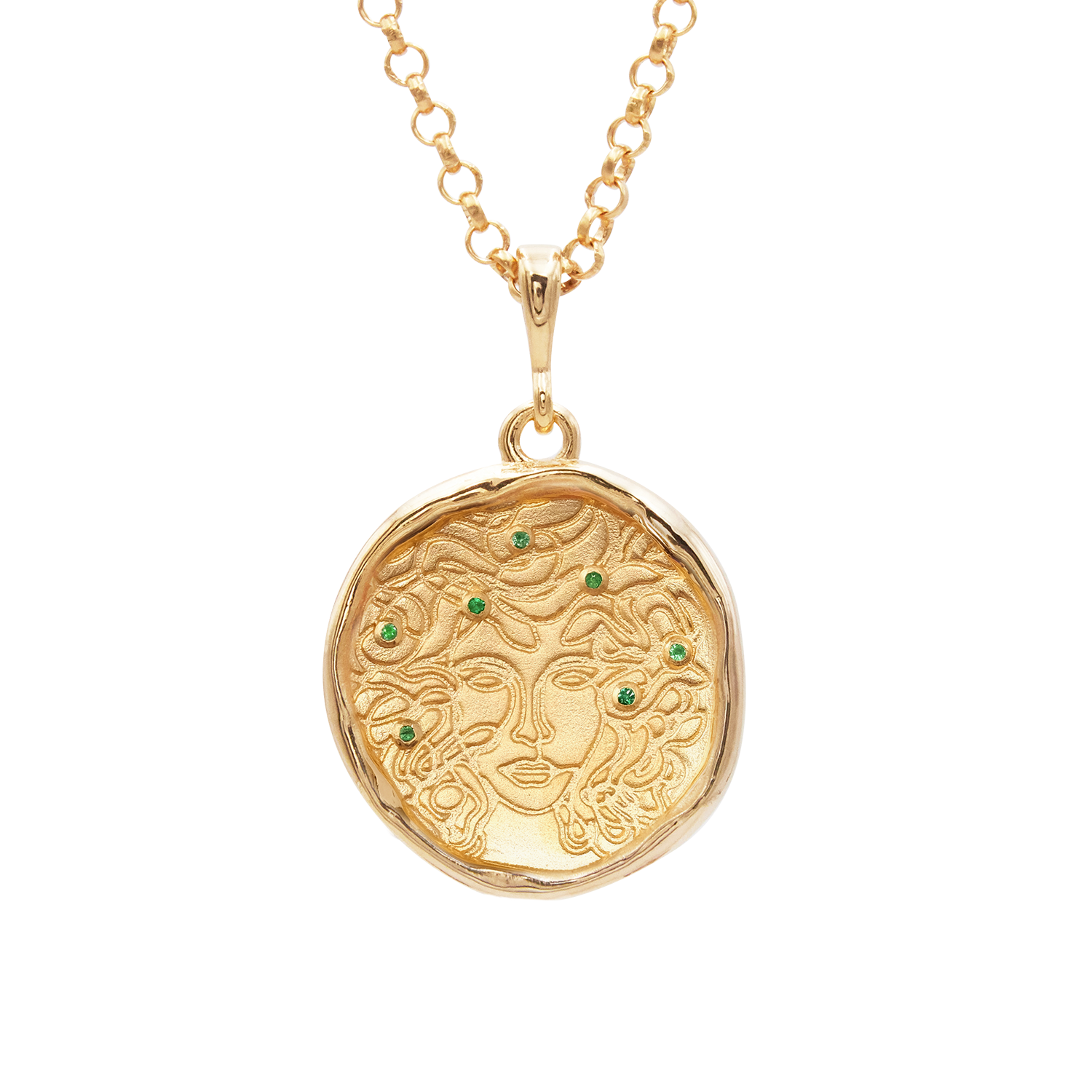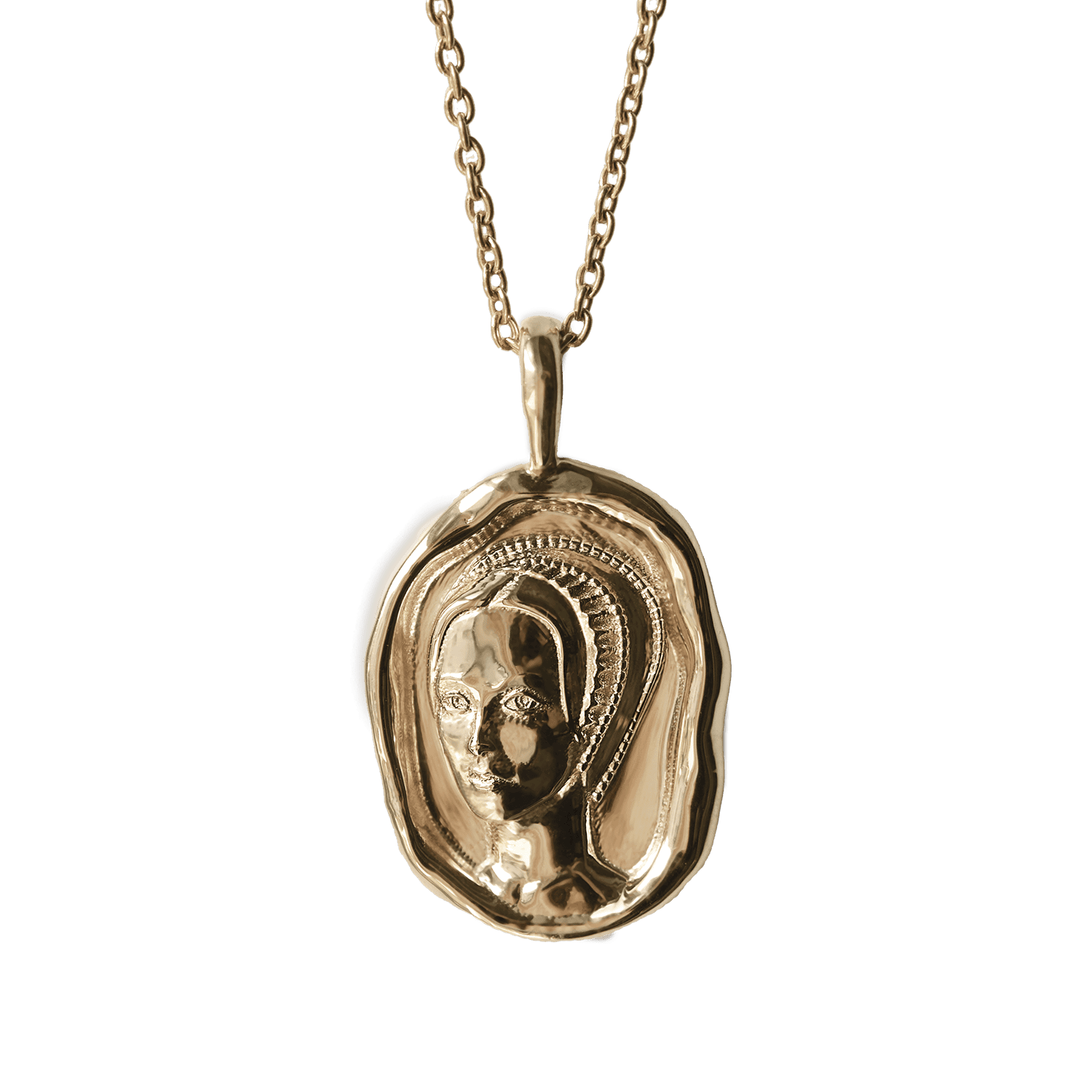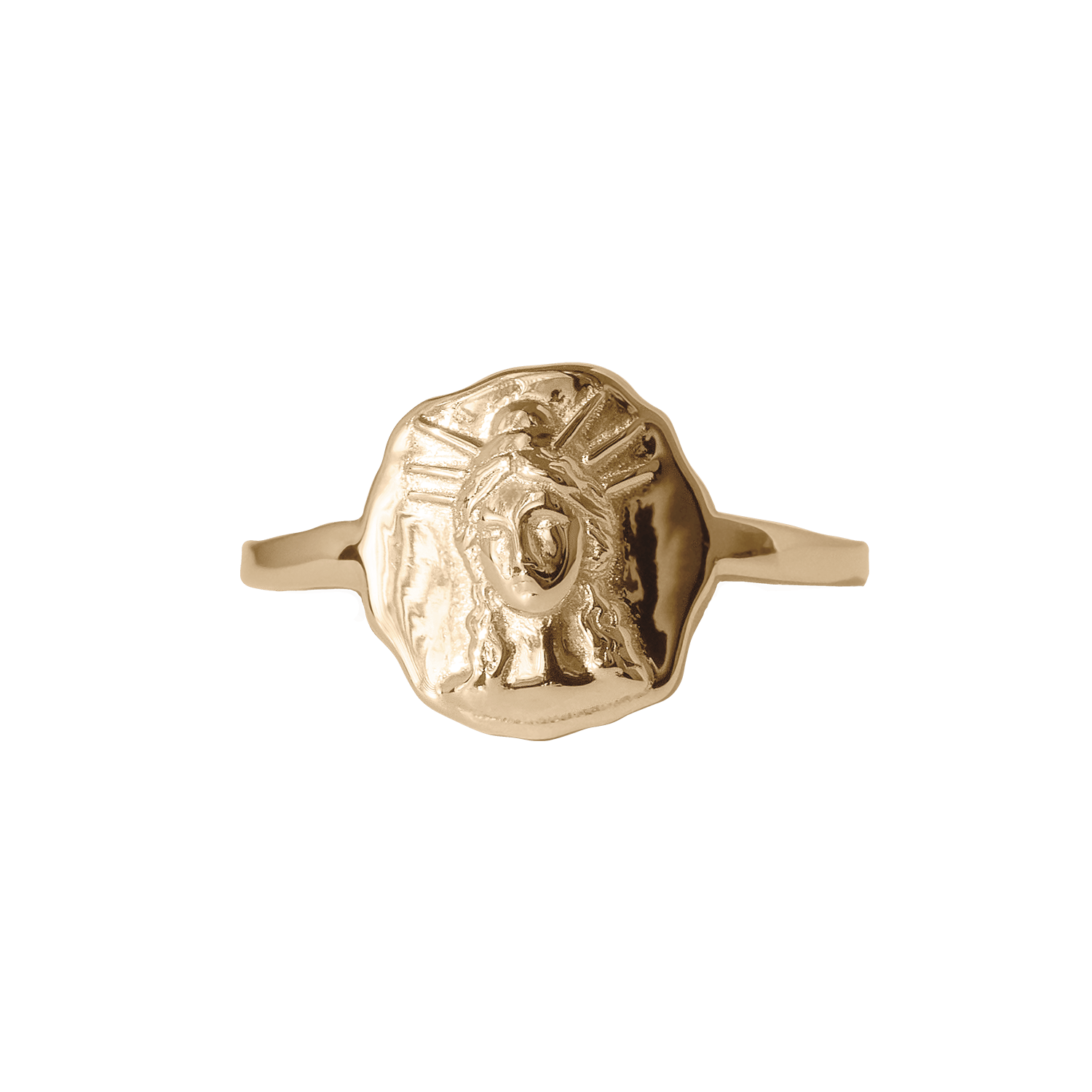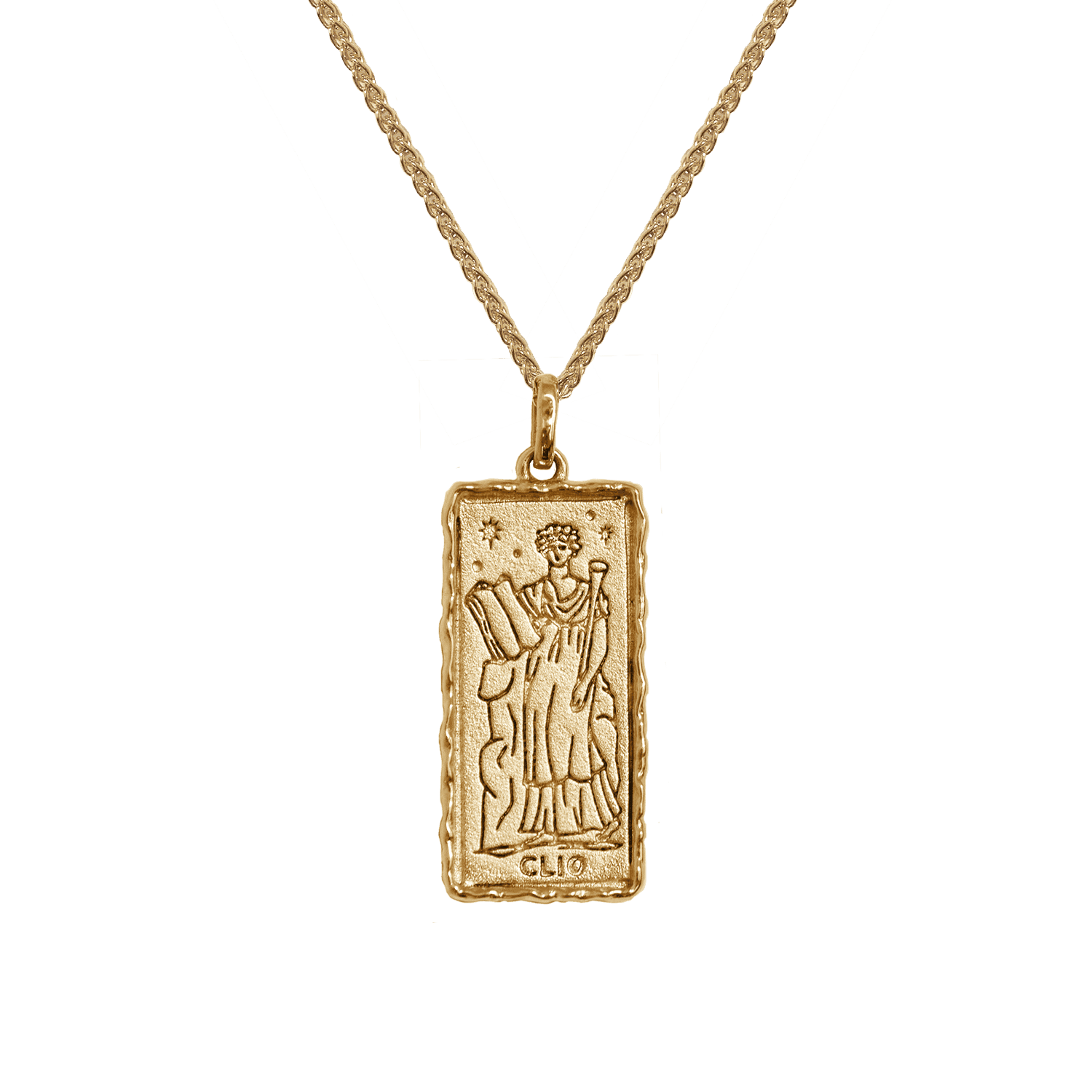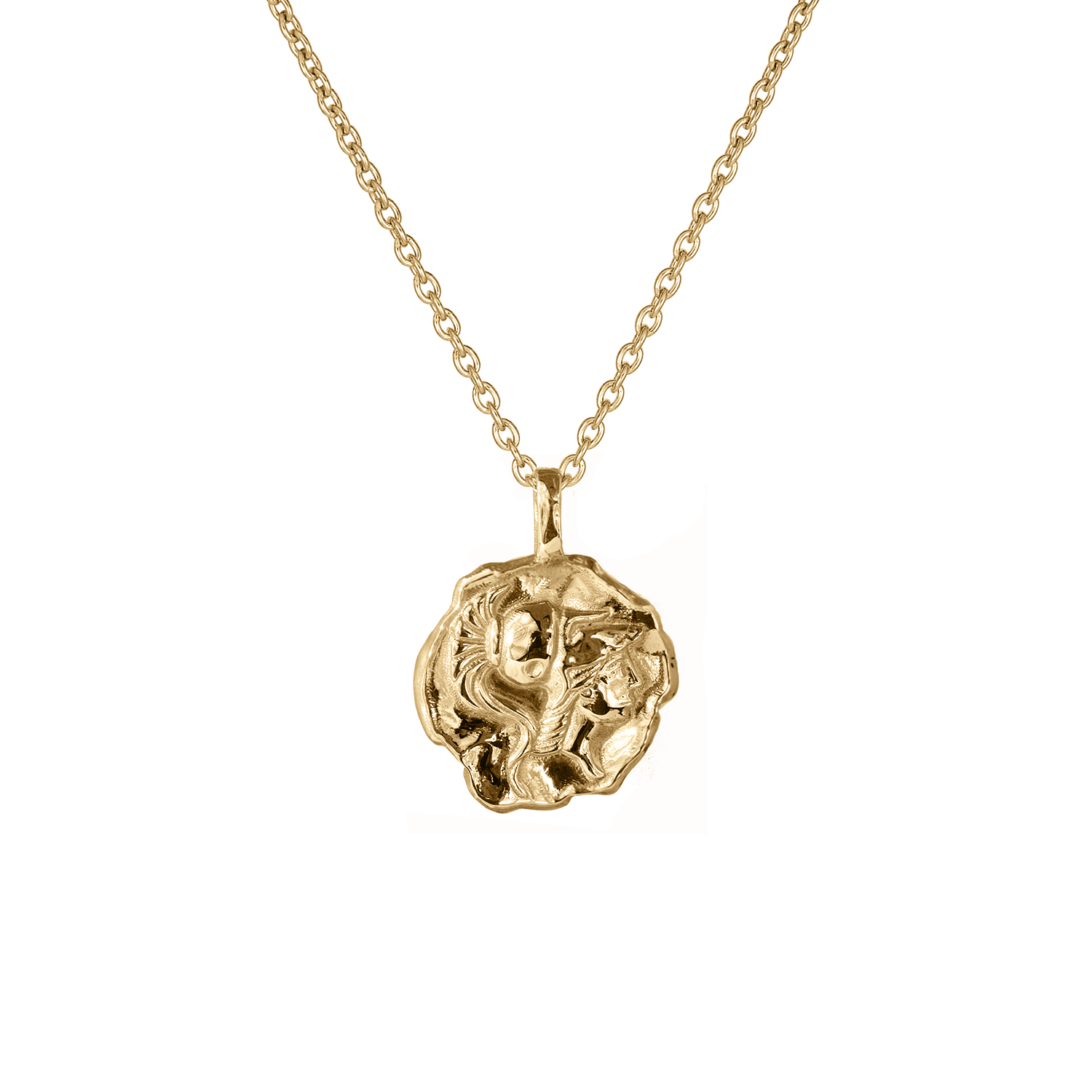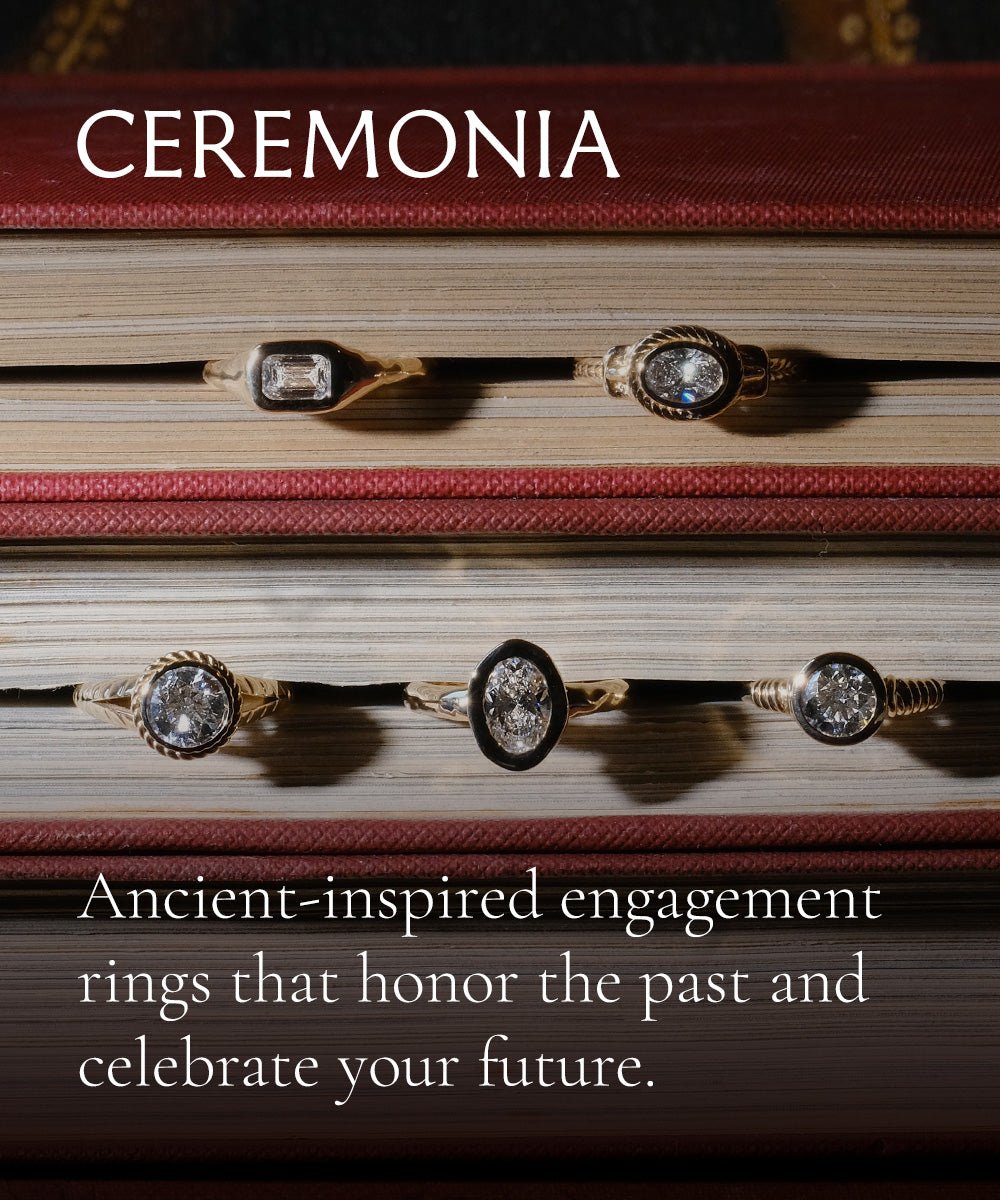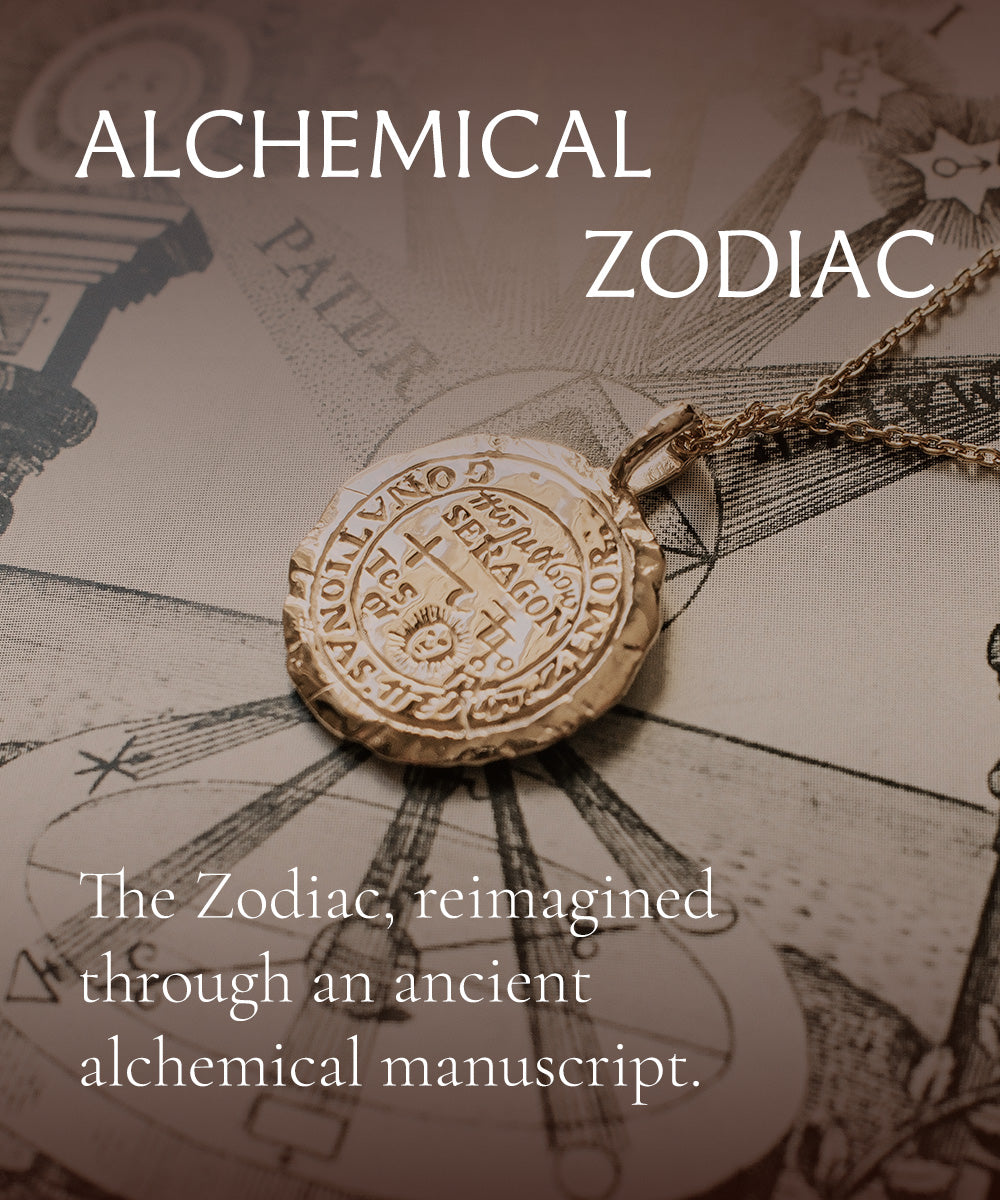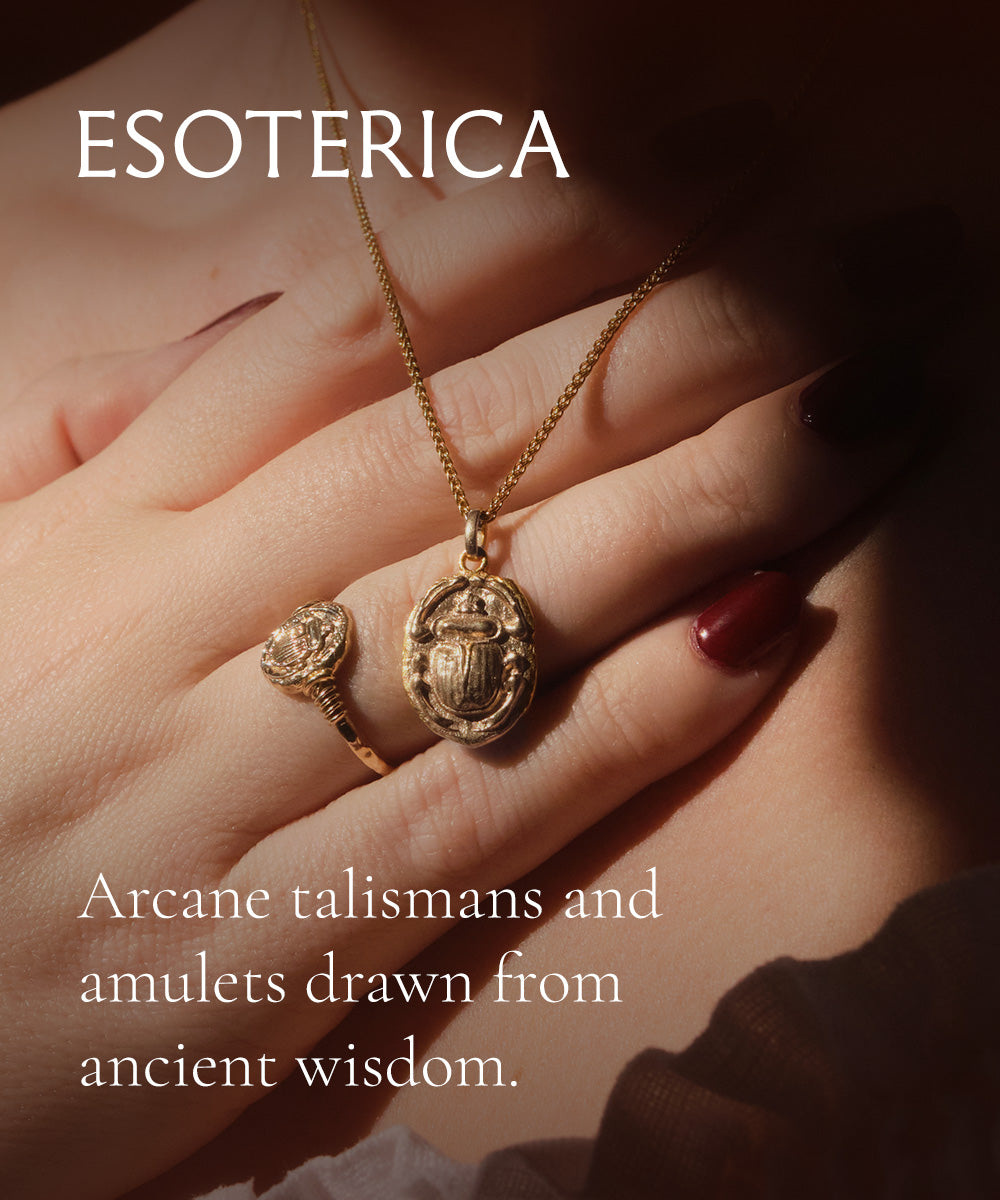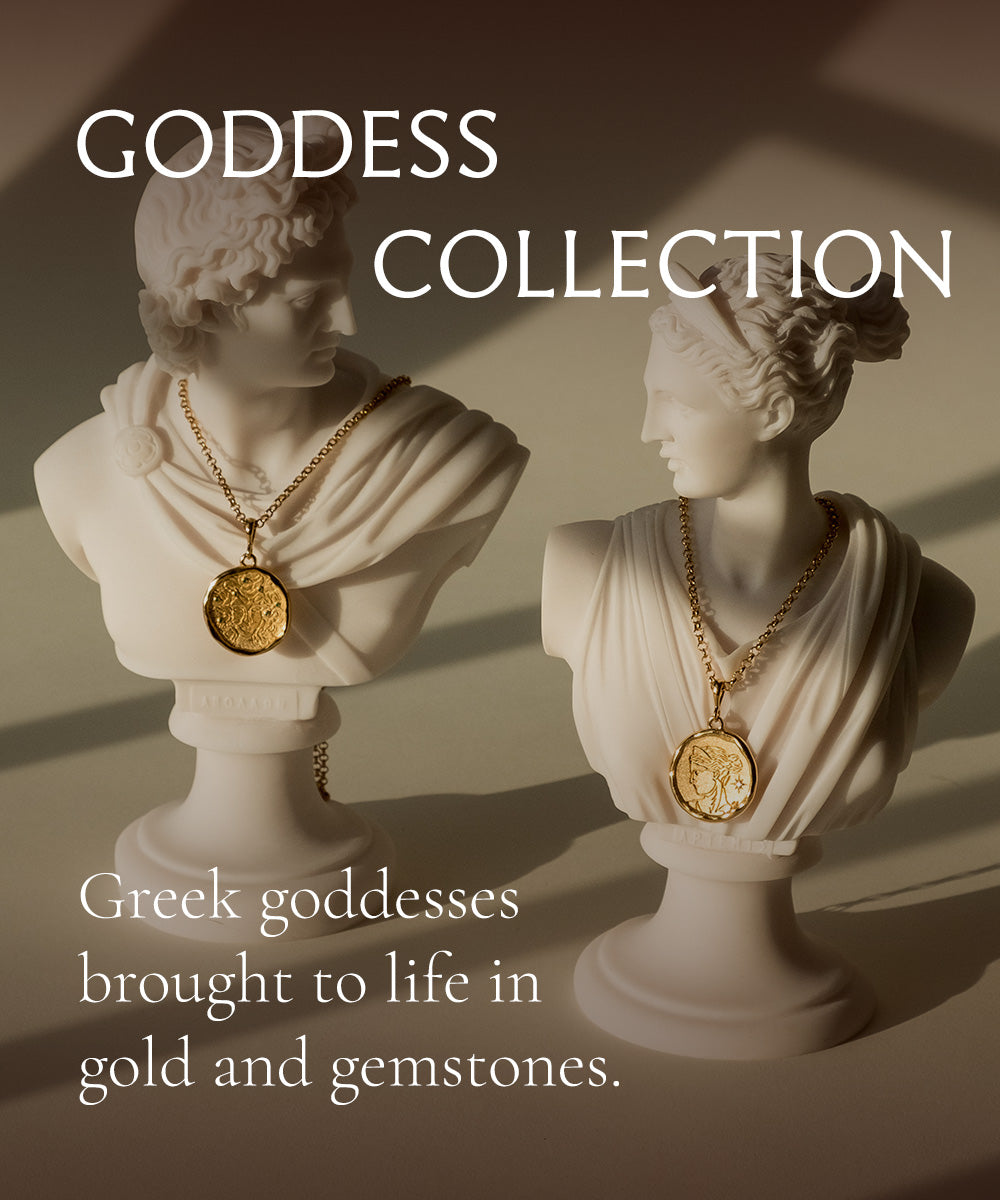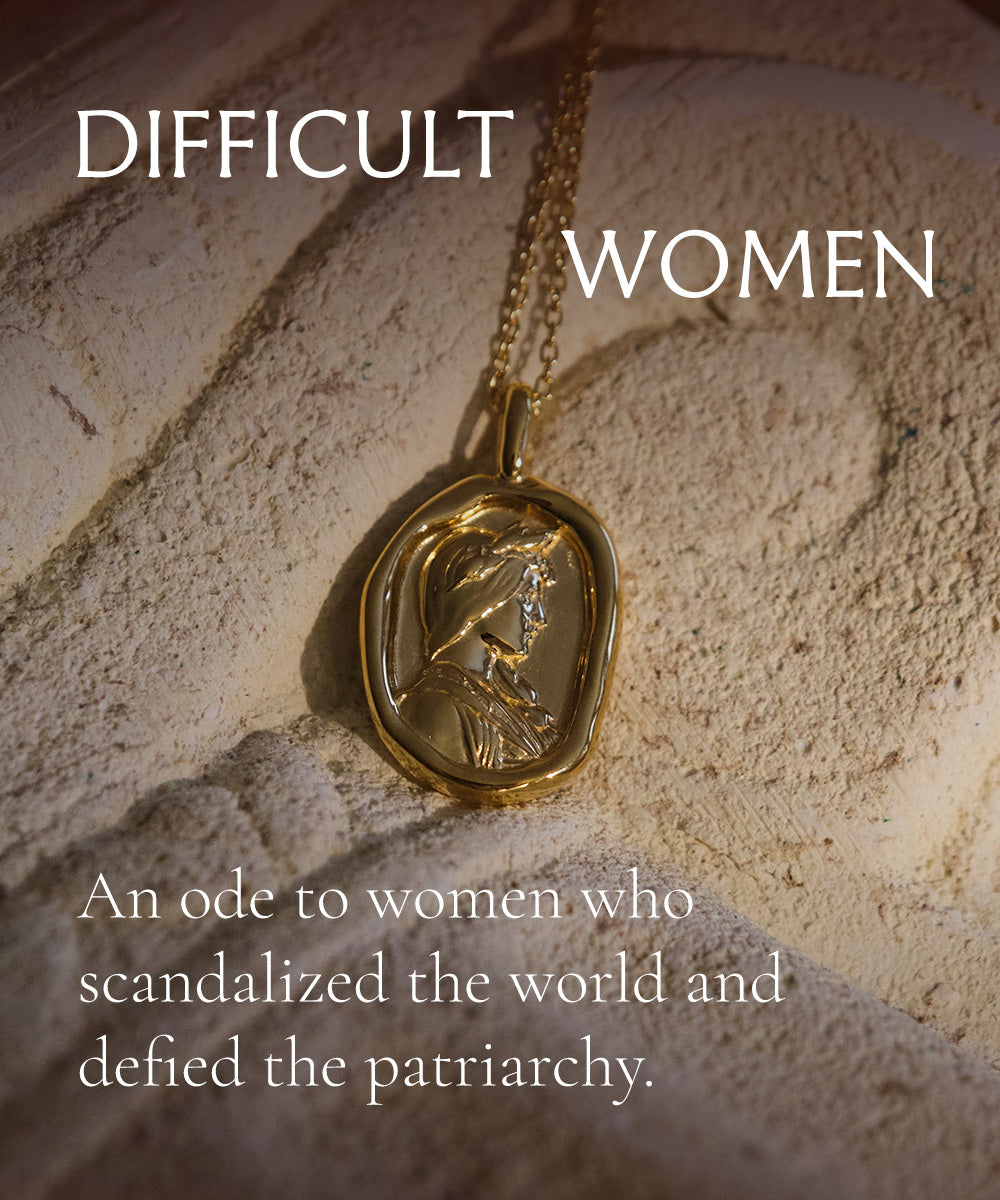Aphrodite’s domain reaches past the laws of Zeus and into the very hearts of men. It is a strange and beautiful power that, with only a look and a brush, will bring even the king of gods to his knees.
What is it then, to be loved by Aphrodite herself? When the goddess allows herself to be made vulnerable by the very thing that gives her power?
It is, I think, a testament to the beauty of love, proof that every moment with a loved one is worth it, no matter how terrifying it can be to shamelessly love and be loved.
Adonis was born of a myrrh tree that was once a woman. As it happened, young women were often turned into trees, transformation being a common theme in Greek myth (the gods work how they will). Nonetheless, the baby was motherless and alone, and only by the grace of the Fates did Aphrodite happen by. The radiant goddess took the baby into her arms and carried him to the goddess Persephone, who agreed to raise the child.
When Adonis was of age, Aphrodite returned to him. She marveled at his beauty, his joy, his manner. She loved him profoundly, but gently, and the goddess offered the man her love. But Persephone had grown to love Adonis as well, and the queen was hard pressed to let him go.
As was common, Zeus was asked to be judge and jury, but he did not want to get involved; the king of gods called upon brilliant Calliope, the superior of the nine muses, to decide what must be done.
Calliope reasoned that Adonis should undertake a tried-and-true arrangement. He would spend four months of the year with Persephone, four months with Aphrodite, and four months to spend as he pleased.
Adonis would choose to spend those final four months with Aphrodite, whom he loved more than himself, for a total of eight months of the year. But the goddess of love, born of the sea foam and cursed with eternal life, would only despair during the months she was without her mortal lover, knowing their time was limited. She would have her revenge on Calliope for the perceived slight, but that is another story of love and loss.
The most precious love is secure and gentle, a warm embrace. During the blissful spring and summer months, Aphrodite and Adonis rode in the fields and forests. The goddess was no huntress, accustomed to the luxuries of Olympus, but she found herself to be happy wherever she was, as long as she was with him.
But, sometimes, where there is love, there is strife. Adonis was mortal, and hunting is dangerous. It could have been an accident, or a plot by a spurned lover or an avenging goddess, but the result was the same: a frenzied, wild boar that struck the young man down in his prime.
Hearing her lover’s shouts, Aphrodite fled through the forest, but she was too late.
There would be no other love like this one. Not for her. But the goddess would never let the memory of her Adonis disappear, as they did for so many mortals before him. The world would continue to turn and change around her everlasting immortality, but she would preserve him, at least, in the small way she still could.
He had given her a love that was perfect and beautiful, at least for the moment in time that it bloomed. And so, as he died in her arms, she promised him she would give this gift back to the earth.
“Her grief declared, she sprinkled his blood with
sweet-smelling nectar, and his blood as soon
as touched by it began to effervesce,
just as transparent bubbles always rise
in rainy weather. Nor was there a pause
more than an hour, when from Adonis, blood,
exactly of its color, a loved flower
sprang up, such as pomegranates give to us,
small trees which later hide their seeds beneath
a tough rind. But the joy it gives to man
is short-lived, for the winds which give the flower
its name, Anemone, shake it right down,
because its slender hold, always so weak,
lets it fall to the ground from its frail stem.”
Ovid, Metamorphosis
